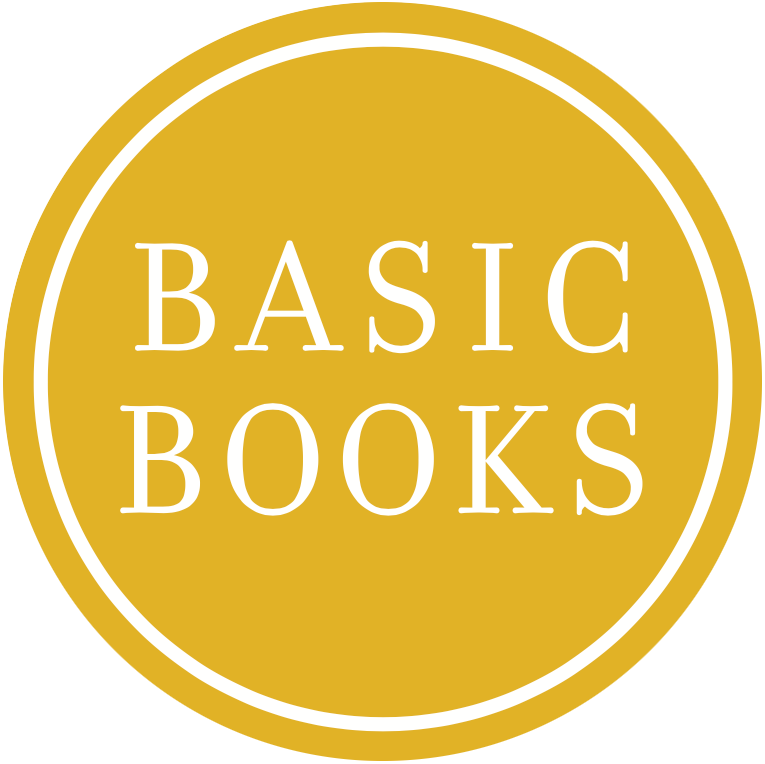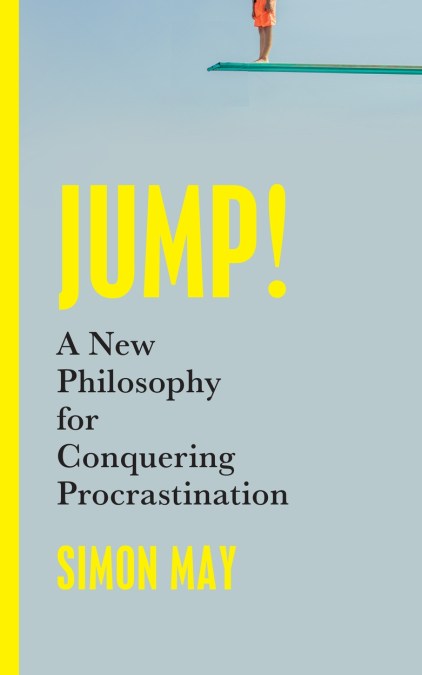Do you repeatedly defer life to later, convinced there will come a time when you’ll be better prepared to seize its opportunities?
Do you spend your best hours on chores or trivia before allowing yourself to get to what most matters to you?
The real mystery of procrastination is why we avoid goals to which we’re passionately committed. It’s understandable that we’d put off cleaning the fridge or completing our tax return; but why do we swerve a loved one, a vocation, a hobby, or a new life that feels supremely meaningful to us?
Simon May argues that the almost universal consensus around overcoming procrastination – setting priorities and optimizing time management: working “smarter not harder” – might work for the boring things but is of little use when it comes to treasured goals that we’re avoiding.
Jump! proposes seven radically new ways in which we can overcome this life-sabotaging procrastination. May claims that, for all their pain, the regret and boredom created by procrastination can shine the brightest light on our top priorities, either reaffirming our commitment to them or teaching us that we’re on the wrong path. This is the unexpected blessing of procrastination: that it offers hope of becoming ourselves.
Do you spend your best hours on chores or trivia before allowing yourself to get to what most matters to you?
The real mystery of procrastination is why we avoid goals to which we’re passionately committed. It’s understandable that we’d put off cleaning the fridge or completing our tax return; but why do we swerve a loved one, a vocation, a hobby, or a new life that feels supremely meaningful to us?
Simon May argues that the almost universal consensus around overcoming procrastination – setting priorities and optimizing time management: working “smarter not harder” – might work for the boring things but is of little use when it comes to treasured goals that we’re avoiding.
Jump! proposes seven radically new ways in which we can overcome this life-sabotaging procrastination. May claims that, for all their pain, the regret and boredom created by procrastination can shine the brightest light on our top priorities, either reaffirming our commitment to them or teaching us that we’re on the wrong path. This is the unexpected blessing of procrastination: that it offers hope of becoming ourselves.
Newsletter Signup
By clicking ‘Sign Up,’ I acknowledge that I have read and agree to Hachette Book Group’s Privacy Policy and Terms of Use

